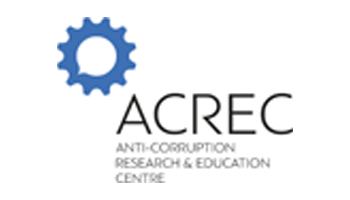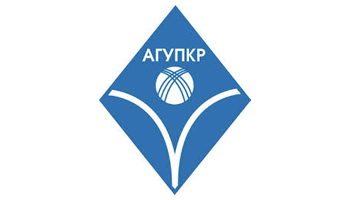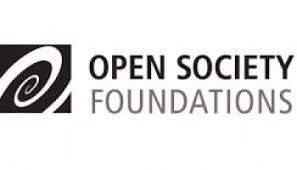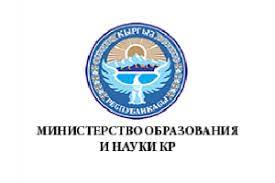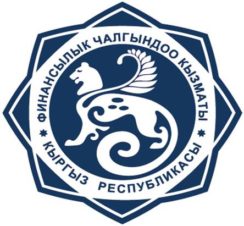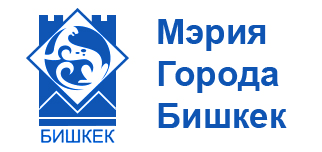Words: Frank Vogl
Date: October 20th, 2021
First the International Consortium of Investigative Journalists (ICIJ) released the Panama Papers, then came the Paradise Papers and now the Pandora Papers have landed with a mighty bang. Never before have more journalists across the globe collaborated to investigate the hordes of tax evaders and kleptocrats that stride through the vast and magnificent palace of global grand corruption. Millions of leaked documents from law firms and ICIJ’s sources had to be reviewed. Clear allegations were followed-up and verified as much as possible. If the evidence highlighted an individual or organization, then these alleged villains were given the opportunity to explain before the stories went into print. It was indeed a gargantuan journalistic endeavor.
In one suite of rooms in the grand palace of corruption, we find the King of Jordan and other moguls whose massive real estate holdings were highlighted. The king is above the law in the land he rules. There is no clarity as to whether his ownership of a sprawling Californian estate violated any laws. He may have legitimately kept it secret for his own security. Yet, the disclosure was a shocker. Then we find endless numbers of alleged tax evaders: The very wealthy whose greed leads them to find mechanisms to minimize their tax payments — and sometimes pay no taxes at all. For example, former UK Prime Minister Tony Blair allegedly acquired a posh London office building via a British Virgin Islands shell company in a manner that reduced his tax liability on the deal. At another level there are the art dealers, such as British antiquities collector Douglas Latchford, and other agents in transnational deals who allegedly transfer assets across the world, stash their earnings in remote places far from the eyes of tax authorities, and prosper.
The findings of the Pandora Papers begs the question: Just how deep does corruption go?
UNVEILING THE DEPTH OF CORRUPTION
ICIP’S “P”PAPERS HAVE ALSO REVEALED THE DEEP ROLE OF LAWYERS, AND OTHER ENABLERS, WHO SERVE THEIR CROOKED CLIENTS BY ESTABLISHING OFFSHORE SHELL COMPANIES FOR THEM THAT HIDE THE TRUE BENEFICIAL OWNERSHIP OF STOLEN ASSETS.
The scale of grand corruption runs into virtually unimaginably large numbers. For example, a couple of years ago, the UN Secretary-General Antonio Guteres asserted: “One trillion dollars are paid in bribes annually, while another 2.6 trillion are stolen; all due to corruption.” With its “P” papers, the ICIJ has just touched a fraction of the operations pursued across the world of grand corruption. The true value of the papers lies in the precise details of individual scoundrels and their scams, which brings home the depths of financial depravity that abound in ways that highlighting giant global numbers, as the UN’s boss has done, simply cannot do. Yet, in their entirety, the ICIJ’s “P” papers just showcase a few, scattered rooms in the global corruption mansion. The grand halls, master bedrooms, and foyers of the palace of corruption are occupied by kleptocrats, and their political and business associates from over 100 countries who are their frequent partners in transnational crime.
The scale of the palace of grand corruption is so massive that describing it has a numbing impact. Such disclosures, however, have led to some political action. Former Prime Minister of Pakistan Nawaz Sharif fled to the UK to avoid prosecution in Pakistan after the Panama Papers revealed his real estate holdings in London. In another example, Czech Prime Minister Andrej Babis blamed his election loss on the Panama Papers, which noted that in 2009, the Czech billionaire had used a string of shell companies to secretly buy 16 properties in Mougins, a French village near Cannes. The leaked records showed that he had routed the money through the British Virgin Islands, Washington, DC, and Monaco.
ICIP’s “P”papers have also revealed the deep role of lawyers, and other enablers, who serve their crooked clients by establishing offshore shell companies for them that hide the true beneficial ownership of stolen — or at least questionably acquired — legal assets. These lawyers use trusts under the laws of South Dakota and Nevada and other states or the complacent corporate registration facilities of Delaware or the British Virgin Islands or the Isle of Man or Luxembourg and Lichtenstein to “protect” their clients — though what they are really engaged in is corruption, plain and simple.
ACTIONS, NOT RHETORIC, ARE NEEDED NOW
Tax authorities need to run through the “P” papers and take to court the villains if indeed the allegations are valid. The FBI and its European counterparts need to use the “P” papers as leads to investigate crooked politicians and the banks, lawyers, auditors, and real estate brokers who may be aiding them and bring them to justice. Sunlight also needs to shine in on these shell companies. Those fancy laws in South Dakota and Delaware, and so many other places that hide the beneficial owners of shady investments, also need to be terminated. These are just some clear messages that the Pandora Papers have for all government leaders that consider tax evasion, thefts of public funds, and money laundering as crimes.
Will the tax evaders and kleptocrats and their enablers continue to pursue their crimes despite the ICIJ’s disclosures? Will governments, especially Western democratic countries, try to hold these actors accountable? They should — and can. There is no better place to start than at President Joe Biden’s forthcoming “Summit for Democracy.” The Summit takes place on two days usually seen as opportunities for wonderful speeches about the need to make this a better world, but are rarely followed by concrete actions: December 9 is the UN’s annual “International Anti-Corruption Day” and December 10 is the UN’s annual “Human Rights Day.”
Let’s see if the Summit of Democracy will serve as a starting point for accountability.
Frank Vogl is an adjunct professor at Georgetown University and teaches a graduate seminar on “Corruption, Conflict Resolution and Security.” He is the co-founder of the leading global organization fighting corruption, Transparency International and the chairman of Partnership for Transparency Fund. His book, The Enablers: How the West Supports Kleptocrats and Corruption – Endangering Our Democracy is forthcoming in November 2021.
Source: INKSTICK / Frank Vogl: JUST HOW DEEP DOES CORRUPTION GO?
